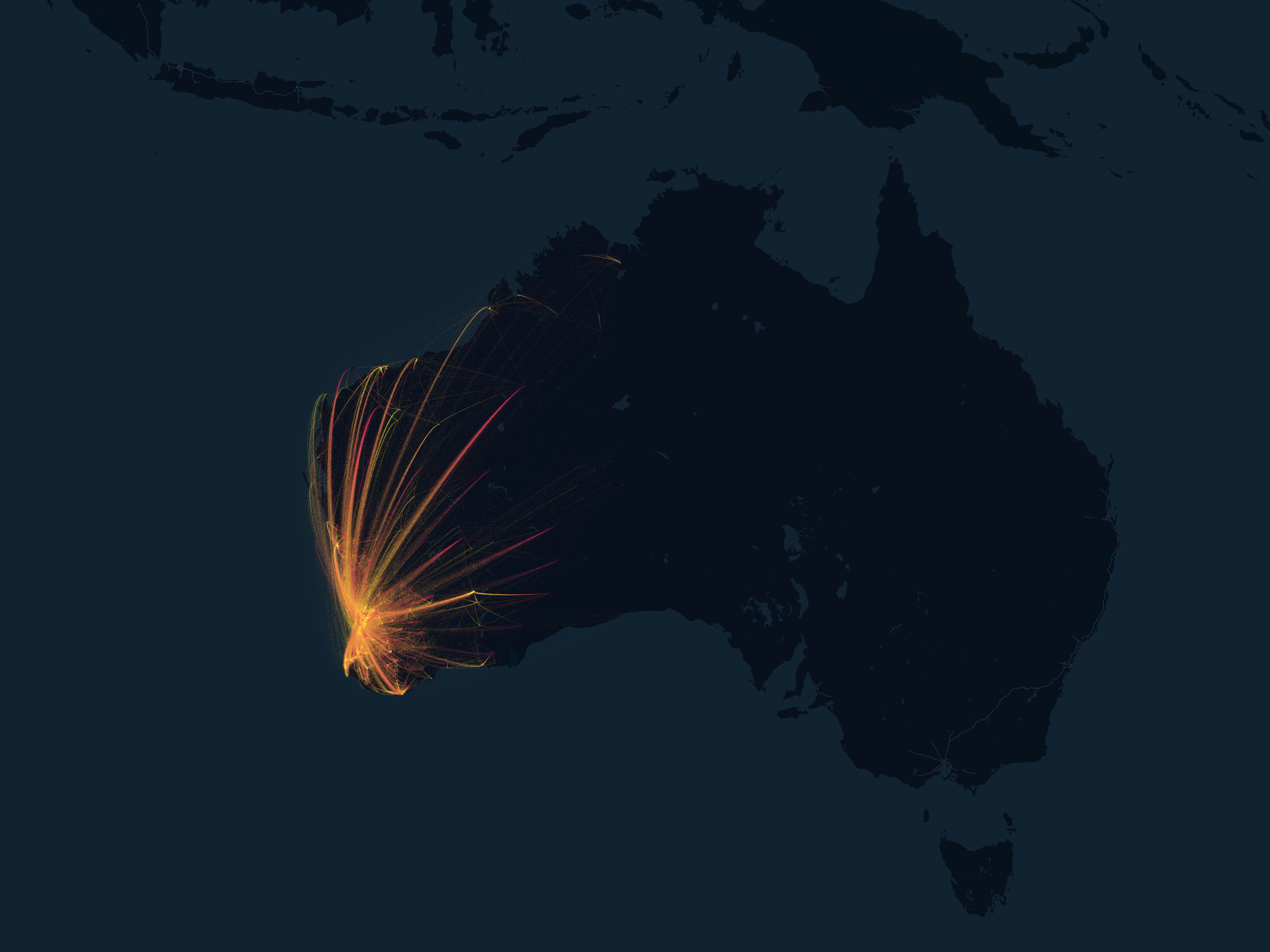Search
Research
Estimating the impact of imported malaria on local transmission in a near elimination setting: a case study from BhutanBhutan has achieved a substantial reduction in both malaria morbidity and mortality over the last two decades and is aiming for malaria elimination certification in 2025. However, a significant percentage of malaria cases in Bhutan are imported (acquired in another country). The aim of the study was to understand how importation drives local malaria transmission in Bhutan.

Research
Endemic country capacity building and decentralizationAdam Punam Susan Tolu Saddler Amratia Rumisha Okitika PhD PhD PhD (Biostatistics) EMBA, GAICD, PMP, MPH, BSc Research Officer Honorary Research
Research
Geospatial modelling for malaria risk stratification and intervention targeting for high burden high impact countriesPunam Susan Tasmin Amratia Rumisha Symons PhD PhD (Biostatistics) Honorary Research Associate Honorary Research Associate Honorary Research Associate
Research
Geospatial modelling for malaria risk stratification and intervention targeting for low-endemic countriesPunam Susan Tasmin Amratia Rumisha Symons PhD PhD (Biostatistics) Honorary Research Associate Honorary Research Associate Honorary Research Associate

Research
Modelling the COVID pandemic with the Geographical COVID-19 Model (GEO-COV)Researchers have developed a new model for simulating covid-19 outbreaks in Western Australia.
Research
Tracking global intervention coverageAdam Dan Saddler Weiss PhD PhD Research Officer Honorary Research Fellow Daniel.Weiss@thekids.org.au Research Officer Honorary Research Fellow Adam
Research
The Centres for Disease Control light trap and the human decoy trap compared to the human landing catch for measuring Anopheles biting in rural TanzaniaVector mosquito biting intensity is an important measure to understand malaria transmission. Human landing catch (HLC) is an effective but labour-intensive, expensive, and potentially hazardous entomological surveillance tool. The Centres for Disease Control light trap (CDC-LT) and the human decoy trap (HDT) are exposure-free alternatives.
Research
Reach and perceived effectiveness of a community-led active outreach postvention intervention for people bereaved by suicidePostvention is a core component of suicide prevention strategies, internationally. However, the types of supports provided to people impacted by suicide vary widely. This study examines the perceived effectiveness of the Primary Care Navigator (PCN) model for people bereaved by suicide. The PCN model was implemented in response to a suicide cluster.
Research
WALLABY Pre-pilot Survey: The Effects of Tidal Interaction on Radial Distribution of Color in Galaxies of the Eridanus SupergroupWe study the tidal interaction of galaxies in the Eridanus supergroup, using H i data from the pre-pilot survey of the Widefield ASKAP L-band Legacy All-sky Blind surveY.
